Phone: 619-432-5145
Phone: 619-432-5145

Contact Diana Legal now (619-432-5145) for a free consultation and free case evaluation. Let’s fight for justice together!
Placing a loved one in a nursing facility, residential care facility, or assisted living facility is a decision made with trust and the expectation of quality care. Sadly, not all facilities in San Diego County meet these standards, and cases of neglect, mistreatment, and abuse are more common than they should be. Dependent adults and elderly residents deserve to live in a safe environment, free from harm or exploitation.
If you suspect your loved one is suffering from abuse in a nursing home, it is crucial to take action immediately. At Diana Legal, our skilled elder abuse attorneys are dedicated to protecting victims’ rights and holding negligent facilities accountable. Holding negligent parties—such as facility owners, administrators, caregivers, or third-party contractors—accountable for abuse and neglect. We can help you seek justice and obtain the compensation your loved one deserves.
Protect Your Loved Ones: Take a Stand Against Nursing Home Abuse!
Nursing home abuse is a heartbreaking reality that no family should have to endure. If your loved one is showing signs of neglect, mistreatment, or unexplained injuries, don’t stay silent. They deserve dignity, respect, and proper care. Take action today—protect their rights and hold negligent facilities accountable.
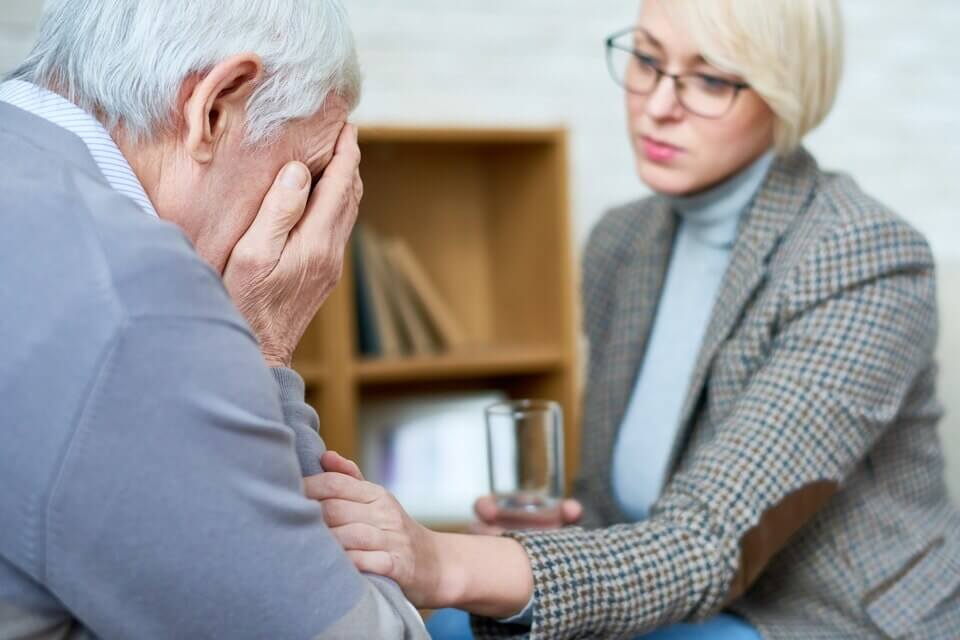
If your loved one has been a victim of nursing home abuse, take these immediate steps:

Contact Diana Legal now (619-432-5145) for a free consultation and case evaluation!
When you place a loved one in a care facility, you expect them to receive compassionate care, proper medical attention, and dedicated supervision. Unfortunately, many elderly residents experience neglect and abuse from those entrusted with their well-being.
At Diana Legal, we are committed to fighting for the rights of nursing home abuse victims. Our experienced elder abuse attorneys provide compassionate legal guidance while aggressively pursuing justice and financial compensation for your loved one.
Why Choose Us?
✔ Proven Experience – Skilled attorneys with a track record of success in elder abuse cases.
✔ Compassionate Advocacy – We prioritize your loved one’s safety and dignity.
✔ Personalized Attention – Every case is handled with care and dedication.
✔ Results-Driven Representation – We fight for maximum compensation and accountability.
If you suspect your loved one is suffering from mistreatment, don’t wait—Diana Legal is here to help. Contact us today for a free consultation.
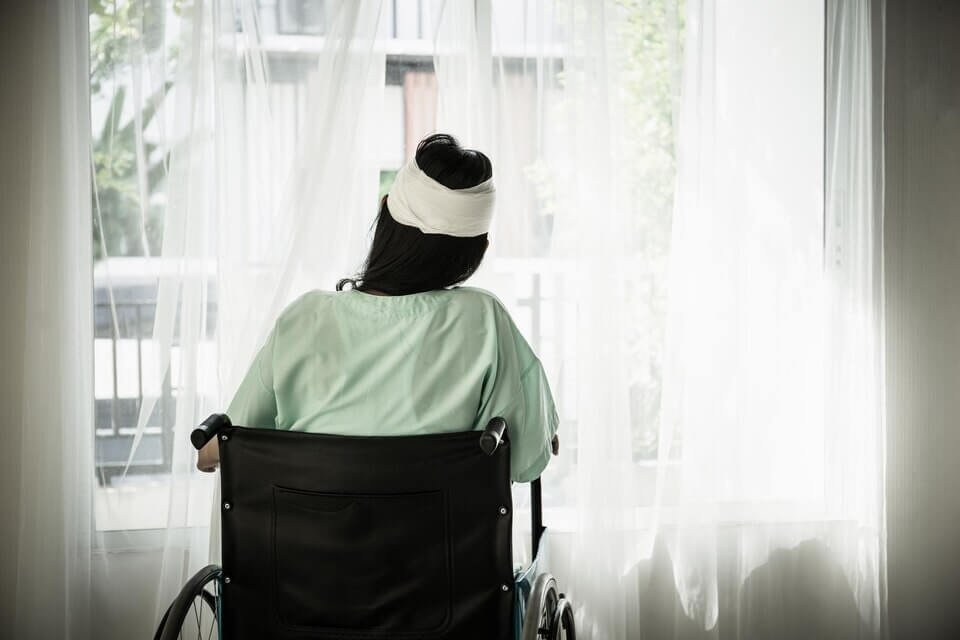
Recognizing the signs of abuse can help protect your loved one before it’s too late. Be alert to the following warning signs:
If you notice any of these warning signs, take action immediately.
Abuse in long-term care facilities can take many forms, each with serious consequences for residents. Families must be aware of these types of abuse to recognize warning signs and take swift action.
Physical abuse involves the intentional use of force that causes pain, injury, or impairment. This includes:
Residents who are physically abused may show signs of bruises, fractures, burns, dislocated joints, or repeated hospital visits.
Emotional abuse is any action that inflicts distress, fear, or mental anguish. This can be verbal or non-verbal and includes:
Emotional abuse can lead to depression, anxiety, withdrawal, sudden mood swings, or a decline in cognitive health.
Neglect occurs when caregivers fail to provide essential care, leading to harm or deteriorating health. This may be due to staff shortages, lack of training, or intentional disregard for residents’ well-being. Forms of neglect include:
Neglect often leads to bedsores, severe weight loss, untreated illnesses, or infections.
Sexual abuse in nursing homes involves any form of non-consensual sexual contact or exploitation, particularly targeting vulnerable residents who may be unable to resist or report the abuse. This includes:
Victims of sexual abuse may show bruising, bleeding, torn clothing, sexually transmitted infections, or emotional distress such as extreme fear or withdrawal.
Financial exploitation occurs when someone steals, manipulates, or misuses a resident’s money, assets, or personal property. Common forms include:
Financial abuse can leave victims without the resources they need for essential care, sometimes forcing them into financial hardship or loss of assets.
If you suspect any type of abuse, it is critical to act quickly to protect your loved one and seek legal guidance.
Nursing home abuse has lasting physical, emotional, and financial consequences that can severely impact a resident’s quality of life.
Elderly individuals have weakened immune systems and slower recovery rates, making physical abuse or neglect especially dangerous. Chronic pain from untreated injuries or improper medical care can lead to long-term suffering, while severe infections due to neglect may require hospitalization. Additionally, reduced mobility caused by unnecessary restraints or untreated fractures can significantly impact a resident’s quality of life. In extreme cases, prolonged mistreatment can result in premature death.
Being subjected to abuse or neglect can cause lasting mental health issues. Many victims develop Post-Traumatic Stress Disorder (PTSD), experiencing flashbacks, nightmares, or heightened anxiety. Depression and suicidal thoughts are also common, as victims may feel worthless, helpless, or hopeless. Extreme fear or withdrawal often occurs, leading to a loss of trust in caregivers, family members, or others who might otherwise offer support.
Neglect or abuse can strip residents of their ability to live independently. Victims may lose muscle strength or balance, increasing their risk of falls and fractures. As their health deteriorates, they may require increased medical intervention, further limiting their independence. Cognitive decline is another serious consequence, often exacerbated by a lack of mental stimulation or social interaction.
Many victims of nursing home abuse feel ashamed or afraid to report mistreatment, leading them to withdraw from others. This isolation can worsen cognitive decline, particularly in residents with dementia. It also increases feelings of loneliness, depression, and anxiety, making victims more vulnerable to continued abuse. Without proper intervention, social isolation can create a vicious cycle of neglect and worsening mental health.
Financial exploitation can have devastating effects on nursing home residents, leaving them unable to afford quality medical care, housing, or other essentials. Many victims find themselves facing legal battles to recover stolen assets or financial losses, adding further stress to their already difficult situation. In some cases, they may become financially dependent on family members, placing an additional burden on their loved ones.
Protecting victims and taking legal action is essential to stopping further harm and ensuring justice. Families must stay vigilant, recognize signs of abuse, and seek professional legal assistance to hold negligent parties accountable.
If you suspect your loved one is experiencing neglect, mistreatment, or abuse in a care facility, it’s essential to act quickly. Taking the right steps can help ensure their safety, prevent further harm, and hold negligent parties accountable.
If you believe your loved one is suffering from abuse or neglect, take these steps:
Residents in nursing homes have legal protections that ensure they receive proper care and dignity. Some key rights include:
Understanding the root causes of nursing home abuse can help families recognize potential risks before placing their loved ones in a facility. Some common factors include:
Preventing abuse starts with vigilance, communication, and technology. Families can take these steps to protect their loved ones:
Being proactive can significantly reduce the risk of elder abuse.
Before selecting a care facility for a loved one, families should take proactive steps to ensure their safety:
By doing thorough research, families can reduce the risk of placing their loved ones in an unsafe environment.
Families of nursing home residents and dependent adults have legal rights that safeguard their loved ones from abuse and neglect. If a nursing facility or care home fails to provide adequate care, you have the right to:
No one should have to suffer in silence, and your loved one deserves care, dignity, and respect—not neglect or abuse. If you suspect nursing home abuse, don’t wait. Every moment matters. Speaking up can stop the mistreatment, hold negligent facilities accountable, and prevent future harm to others in their care.
We understand that taking legal action can feel overwhelming, but you don’t have to go through this alone. At Diana Legal, we are here to listen, support, and fight for justice on your behalf. Our compassionate team will guide you through every step, ensuring you feel heard, empowered, and confident in protecting your loved one’s rights.
Protect Your Loved One with Diana Legal

Let us help you take action and bring peace of mind back to your family. Call now for a free consultation, and together, we will stand up for justice and safety. Your loved one’s well-being is worth fighting for—let’s protect them today.